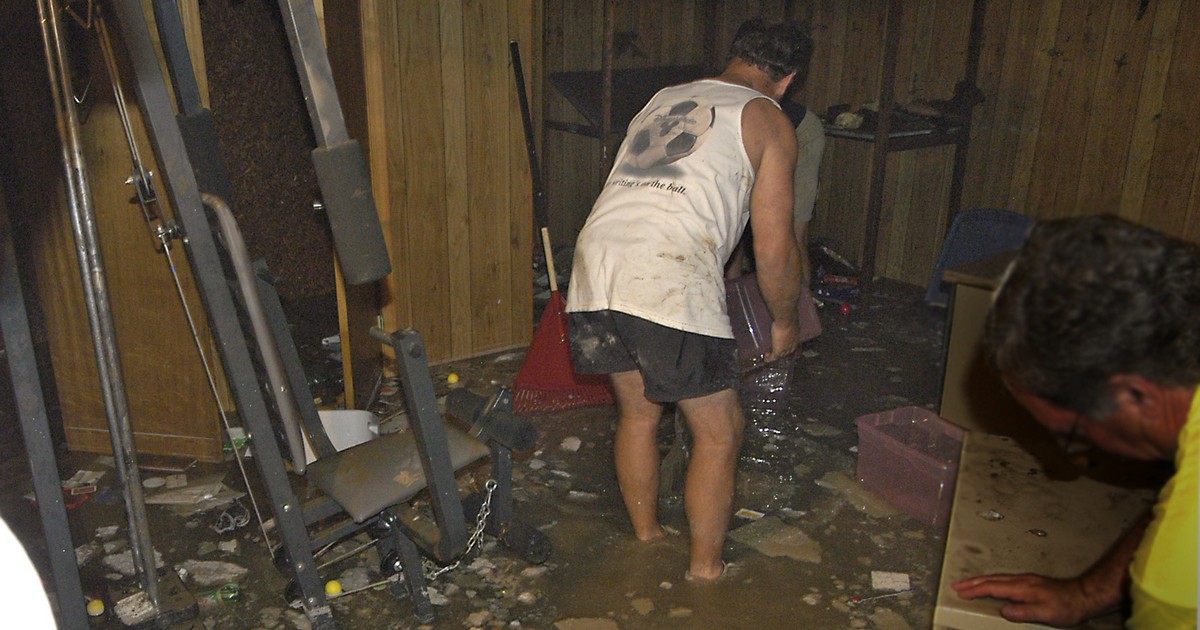One year at our farm at Wildrose, we reached the peak in a long period of historically high precipitation. Sloughs ran over. Fields were saturated. Few crops were planted. By July, nearly all my neighbors were talking about seepage into their basements. They were going on about their sump pumps.
My basement didn’t have seepage yet. While I was sympathetic about my neighbors’ problems, I was not interested in the solution. Sure, I was vaguely curious how one could put something electric in water without electrocution or fire, but I was not interested in how sump pumps work.
Then it happened. Water started seeping into our basement. It welled up from deep within the house. If not stopped, it would flood the floor and rise. It would make the foundation crack and settle. It would ruin everything with rot and mold.
Once I had the problem and knew I was in trouble, I wanted to know more about it and the solution.
It is like that with sin and salvation. As long as sin is only our neighbor’s problem, we have less interest in the problem and the solution. Once we have the problem and know we are in trouble, we want to know more about sin and its solution, the sacrifice of Christ. Just as questions about how a sump pump works become vital when our own basement is flooding, so questions about how sacrifice works become vital when our own soul is seeping from within, flooding, cracking, settling, rotting, and molding.
There are questions about how sacrifice works. It does not work for a person to make a sacrifice to himself. If Jesus is the sacrifice for our sin, to whom did he make his sacrifice?
Sacrifice results in death. When Jesus was dead and buried, who presented his sacrifice?
How did Jesus rise again to life for our justification?
As with nearly everything vital to our faith, again, the answer is the Trinity.
Hebrews 9:14 says, “How much more will the blood of Christ, who through the eternal Spirit offered himself without blemish to God, purify our conscience from dead works to serve the living God.” The Father, the Son, and the Spirit all work together in the sacrifice. Jesus, the Son, sacrifices himself for us. His sacrifice is to God, the Father. His sacrifice is presented through the Spirit. Without the Trinity, sacrifice would not work.
The Father and the Spirit together raised Christ from the dead. (Galatians 1:1, Romans 8:11, Ephesians 1:17, 20) No Trinity, no resurrection. The dead do not raise themselves.
Apostle Paul says, “If you confess with your mouth that Jesus is Lord and believe in your heart that God raised him from the dead, you will be saved.” The Christian confession, the confession of the sacrifice that saves us from sin, is a confession of the Trinity. It is a confession that the Father raised Jesus from the dead for our justification.




